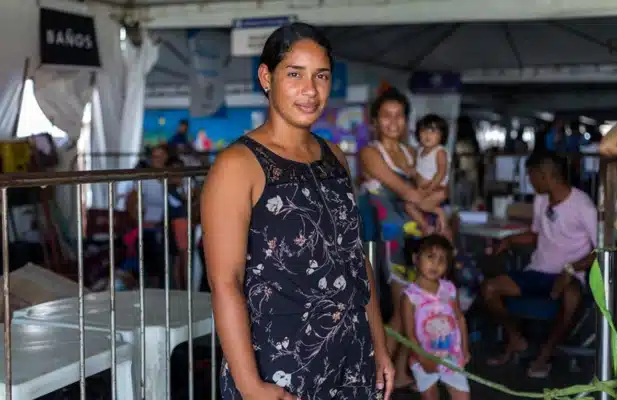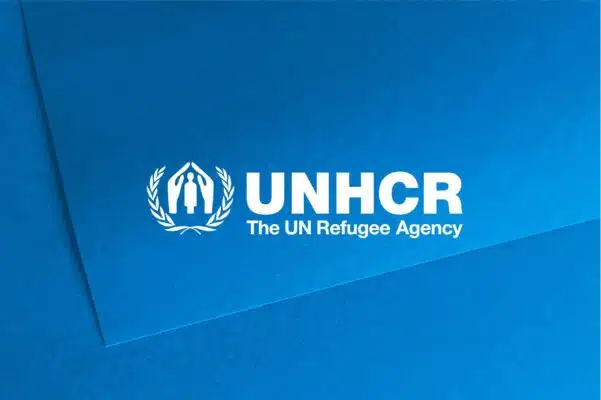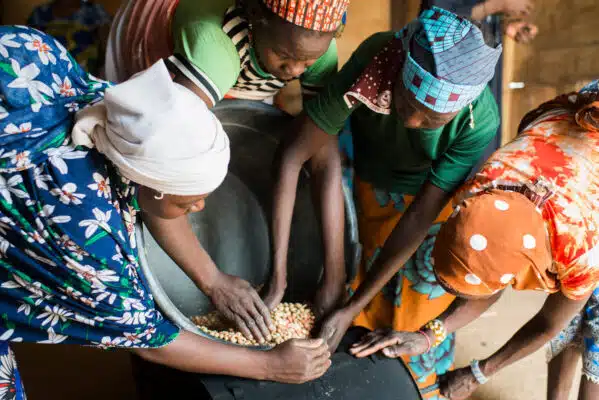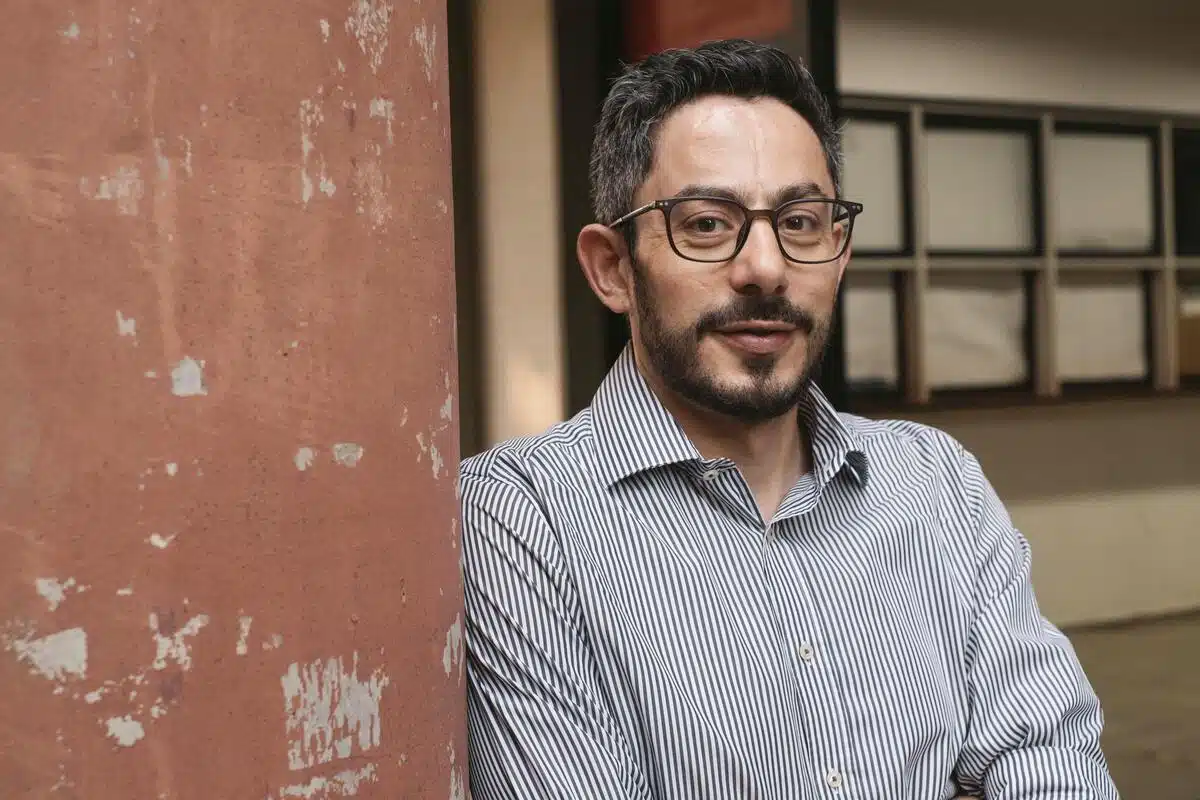
After arriving in Rio de Janeiro, Syrian refugee Anas Abdulrjab was able to fulfil his dream of a career in engineering after having his degree revalidated through the Sergio Vieira de Mello Chair initiative (SVMC) at the Fluminense Federal University (UFF). © UNHCR/Jeoffrey Guillemard
A network of universities in Brazil is supporting the government’s welcoming approach to refugees by revalidating their qualifications, enabling refugees to rebuild their academic and professional lives.
By Fiona Tarazi in Rio de Janeiro
Before he had even touched down in the Brazilian city of Rio de Janeiro, Syrian refugee Anas Abdulrjab had a taste of the warm welcome he would receive in his new home, courtesy of the official who issued his humanitarian visa at the consulate in Istanbul where he was living at the time.
“I thanked her so much and she said, ‘You don’t have to thank me. I’m not doing you a favour. This is your right’,” Anas recalled. “I had no connection to Brazil whatsoever. But just having this positive experience made me want to try harder [to make the move a success].”
Touching down in Rio in 2015, his positive first impressions continued despite not knowing anyone or speaking a word of Portuguese. “When I first came here, everybody was so welcoming,” he said. “A lot of people were just trying to speak Arabic with me, with the little they know, like ‘ahlan wa sahlan’ (welcome).”
Anas was also grateful to receive documentation in his first week giving him the right to work and study in Brazil, but there was one uncertainty that continued to hang over him. The technical engineering degree he had worked so hard to complete two years previously was not recognized in Brazil, leaving him unsure if he would be able to follow his dream of becoming an engineer.
Refugees’ qualifications going unrecognized
Like Anas, many refugees who flee their countries are forced to leave behind not only their homes and possessions but something less tangible but equally valuable – their educations and livelihoods. Qualifications and professional experience acquired over years or even decades are often rendered invalid due to language or administrative barriers, denying refugees the opportunity to fully contribute to their host countries.
Unable to follow his dream from the outset, Anas had to find other options when it came to earning a living. “When I left my country, I literally left everything behind. But one of the things I always had is my engineering mentality. Engineers like to find solutions,” he said.
When he arrived in Brazil, Anas was surprised to discover Middle Eastern cuisine was popular and widespread, thanks to the arrival of migrants from the region since the mid-1900s. So, in his search for work he turned to his favourite hobby: cooking. He began an online catering business serving up Syrian specialities such as fatteh and hummus to appreciative Brazilian customers, with his mother in Syria providing many of the recipes. The business was his main source of income until he was forced to close when COVID-19 hit Brazil in early 2020.
“Anas moved me a lot from day one.”
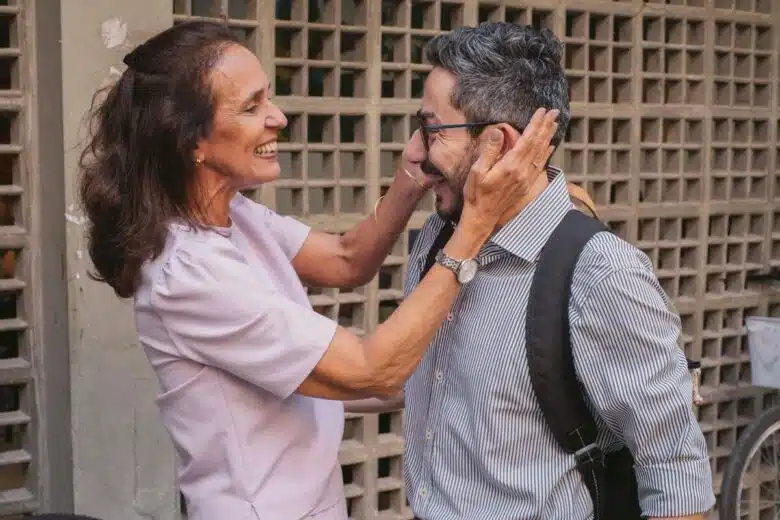
Anas with Professor Paula Brandão from Universidade Federal Fluminense who helped him revalidate his engineering degree in Brazil. © UNHCR/Jeoffrey Guillemard
But Anas had never given up on a career in engineering, and the setback of losing his business allowed him to focus fully on his goal. While running the catering business, he had begun researching Brazilian universities that offered the same courses he had studied. This led him to Universidade Federal Fluminense (UFF) in the nearby city of Niterói, and to Professor Paula Brandão, who would become a pivotal figure for him by overseeing the revalidation of his degree in Brazil.
A tailored approach
“Anas moved me a lot from day one,” said Brandão. “I explained to him the whole procedure that we had a commission, that he would be welcomed, that his entire professional career would be well observed, that he should keep calm. But I understood from that moment on that he would spare no effort to achieve the revalidation to which he was entitled.”
While Anas worked hard to improve his Portuguese language skills, Brandão helped him identify which courses he would need to take for his diploma to be recognized at UFF. Every individual case is different, she explained, requiring a tailored approach.
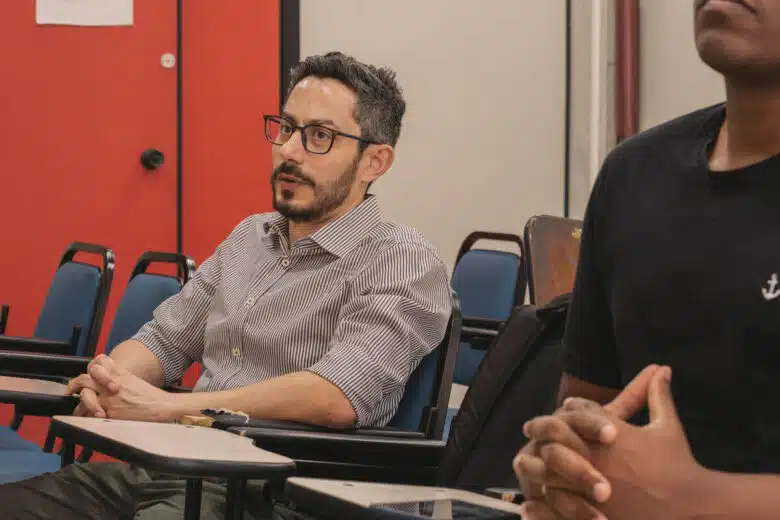
Anas visits a class at the Universidade Federal Fluminense (UFF) where he took several courses in order for his diploma to be recognized. © UNHCR/Jeoffrey Guillemard
“When I became course coordinator, I thought this was a bureaucratic position,” Brandão said. “[But] I began to realize in my daily work that these were life experiences. Each student comes with their own story, each student has their [strengths], their difficulties, and you learn a lot yourself.”
UFF is one of 41 universities across Brazil involved in this inclusive programme as part of the Sergio Vieira de Mello Chairs (SVMC), a partnership with UNHCR, the UN Refugee Agency, named in honour of the Brazilian UN diplomat killed along with 21 of his colleagues in a bomb attack in Iraq in 2003.
The SVMC pledged at the 2019 Global Refugee Forum (GRF) to “promote inclusion for refugees and other displaced persons”, which it does through research, teaching, advocacy and policymaking focused on refugee issues, including the revalidation of diplomas to allow refugees to pursue careers in their areas of expertise. Almost 500 diplomas have been revalidated by the consortium in Brazil over the last five years.
New pledges to support refugees
Building on this success, the SVMC is proposing additional pledges at the 2023 Global Refugee Forum such as strengthening mental health support for refugees, offering Portuguese classes, legal assistance services and amplifying activities to improve public policies. SVMC is also expanding beyond Brazil to include universities in Costa Rica, Mexico, Dominican Republic, Ethiopia, Italy, Serbia, the United States and the United Kingdom.
The GRF is the world’s largest international gathering on refugees, which will take place from 13-15 December in Geneva. Students, refugees, academic institutions, politicians and diplomats, civil society, and many others will unite to address the challenges faced by refugees and those who host them.
After two years of hard work, and with the support of Brandão and others at UFF, Anas’ degree was formerly recognized in 2017. “It was very emotional for me because it felt like a part of me got restored. As if my identity came back to me,” he explained.
Today, Anas lives in Rio, speaks fluent Portuguese, holds Brazilian citizenship and works as a project manager for an IT consultancy. While he misses Syria and the friends and family he left behind, he says Brazil now feels like home.
“Having this diploma revalidated was so significant to me. It helped me get a job. It helped me integrate into Brazilian society. It helped me become a different person – or the person I always wanted to be actually.”
Originally published by UNHCR on 6 December 2023.



